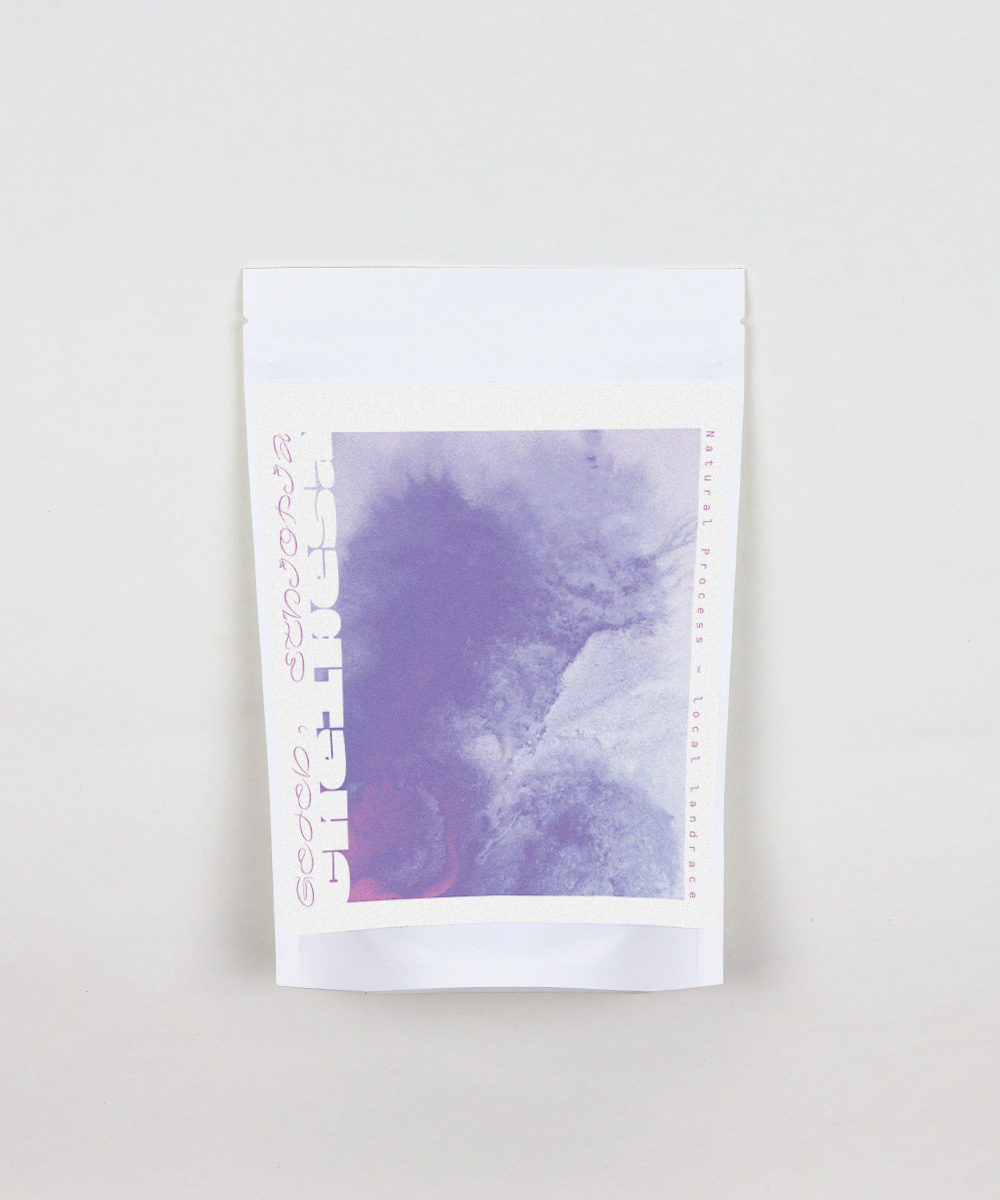Chelbesa Natural – local landrace varieties from Gedeb, Ethiopia (2022)
US$0.00
Producers: Chelbesa community
Where: Gedeb, Ethiopia
Varieties: Gedeb local landraces
Processing: Natural
Tasting notes: bubblegum, dark cherry, port wine
Harvest: Dec 2021- Jan 2022
This lot from Chelbesa, reminds us of bubblegum, dark cherry, & port wine, and is the result of the meticulous work of farmers who are part of the out-grower’s program with METAD. Naturally processed, this landrace lot starts as fruit grown in gardens tended by smallholders associated with the Chelbesa community in Gedeb, Ethiopia. METAD then processes the fruit intact and dries the little purple orbs on raised beds for 6-8 weeks as yeast dominant fermentation transforms them.
Producers
This lot from Chelbesa is the result of the meticulous work of farmers who are part of the outgrower’s program with METAD in the Gedeo zone in the south of Ethiopia.
In addition to Hambela, their estate farm, the Adinew family who owns METAD, a coffee exporting company, also have programs where they will buy coffee fruit from out-grower communities and process the lots.
Chelbesa represents a community of coffee out-growers: Small private farms that are too small to be able to realistically process their coffee themselves. Previously, this community didn’t have as many points of access to the international market – Especially since typical private washing stations (who buy coffee fruit to process on their own equipment to resell/export) don’t give a second payment. This is a payment that happens once the final export price of a coffee is known, and growers receive a sort of dividend. METAD / Hambela Estate is a rarity since they pay out that second payment to their outgrower partners.
Varieties
These small private farms grow varieties that are indigenous to the area of Gedeb, known collectively as landrace varieties.
Processing
Once cherry has been delivered by smallholders from the Chelbesa community, METAD separated their lots and processed this coffee in a natural manner, traditional in Ethiopia the coffee is dried on raised beds with fruit intact. The little purple orbs spend about 6-8 weeks drying as yeast dominant fermentation transforms them.
Water
We brew all our coffees with municipal water that flows from our taps in Metro Vancouver. This municipal source is very soft, low ppm water (less than 30 TDS)
There are many alternative water recipes out there that will produce tasty cups if your water from the tap isn’t giving you good results. A good place to start is 1/2 strength Third Wave Water of around 60-70ppm (0.16g.-0.2g./L of TWW powder).
Brewing
We make an effort to taste our coffees in a variety of ways, but mostly use cupping, V60, and Kalita 155 brews as our main ways of quality control and dialling in roast profiles. Our filter recipes can be found in our Journal here:
Espresso
We have an open-minded and flexible perspective on brewing coffee and believe that there should be numerous ways to make a tasty cup. While we are focussed on filter brewing and find it to be our personal preference, there’s no rules that limit you to exploring these as espresso too. Since they’re all roasted for filter coffee expect shots that are lighter in body and brighter in acidity that your typical espresso profile.
